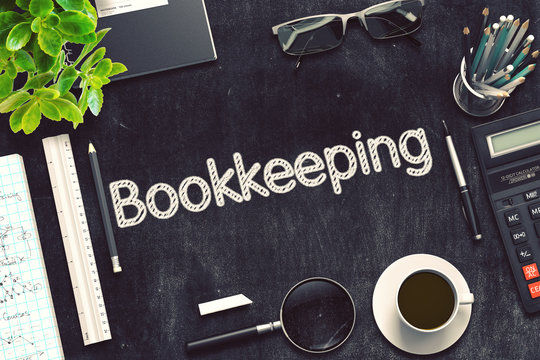7 Tips for Real Estate Professionals That Do Their Own Bookkeeping
- David Bialecki
- Aug 21, 2025
- 3 min read

Real estate can be an exciting and profitable industry. However, it’s also one of the most financially complex. Between commission checks, property expenses, client retainers, and tax obligations, bookkeeping can become overwhelming. Many real estate professionals choose to outsource, but if you choose to take control of your own books, having a solid system in place is essential.
Here are 7 tips to help real estate agents, brokers, and investors handle bookkeeping effectively.
1. Separate Business and Personal Finances
The first step is non-negotiable: keep your business and personal accounts separate. This is true for every business, not just real estate professionals. Open a dedicated business checking account with a business credit card. This separation not only keeps things organized but also helps you avoid tax-time headaches and potential IRS issues.
2. Track Every Source of Income
Real estate professionals often have multiple income streams, such as sales commissions, referral fees, rental income, and consulting. Record each source of income carefully, making note of:
· Date received
· Property/client associated
· Type of income (commission, rental, referral)
Cloud-based bookkeeping software like QuickBooks Online makes this much easier by automating imports from your bank.
3. Categorize Expenses Properly
Expenses can add up quickly. Examples include marketing campaigns, MLS dues, staging costs, mileage, continuing education, and office supplies. Categorizing these correctly not only shows where your money is going but also maximizes your tax deductions.
Common deductible categories for real estate professionals include:
· Advertising & Marketing
· Office Supplies & Technology
· Vehicle & Mileage
· Professional Fees (MLS, licensing, legal)
· Home Office Expenses
· Travel & Meals (when business-related)
4. Stay on Top of Mileage Tracking
Driving to showings, closings, and client meetings is part of the job. The IRS allows you to deduct either the standard mileage rate or actual expenses, so keep detailed mileage records. Tools like MileIQ, Everlance, or QuickBooks Self-Employed can automatically log your drives and save hours of manual tracking.
5. Reconcile Accounts Monthly
Each month, reconcile your bank and credit card statements with your bookkeeping records. This ensures no transaction is missed, duplicated, or incorrectly categorized. Regular reconciliation prevents small errors from snowballing into major issues at year’s end. Don’t close month end until the variance for each bank account, credit card account, and loan payable is zero.
6. Plan for Taxes Year-Round
Unlike a traditional W-2 job, real estate professionals are usually independent contractors. This means you’re responsible for self-employment taxes and estimated quarterly payments. A good rule of thumb is to set aside 25–30% of every commission check for taxes so you’re never caught off guard. This applies to not only real estate professionals, but also to all business owners.
7. Use Reports to Make Smarter Decisions
Bookkeeping isn’t just about compliance. It’s a tool to help you grow. By reviewing financial reports such as profit and loss statements, cash flow reports, and expense breakdowns, you can:
· Identify which marketing efforts are paying off
· See your most profitable client types or properties
· Plan for slow months in advance
Conclusion
Bookkeeping doesn’t have to be complicated. However, it does have to be consistent. By setting up clear systems for tracking income, expenses, mileage, and taxes, real estate professionals can stay organized, maximize deductions, and make more informed business decisions.
Whether you’re a solo agent or managing multiple rental properties, good bookkeeping is the foundation for financial success in real estate.
Is your business where you want it to be? If not, as always, you can contact me for a free consultation.
Dream Big. Think Big. Go Big.















Comments